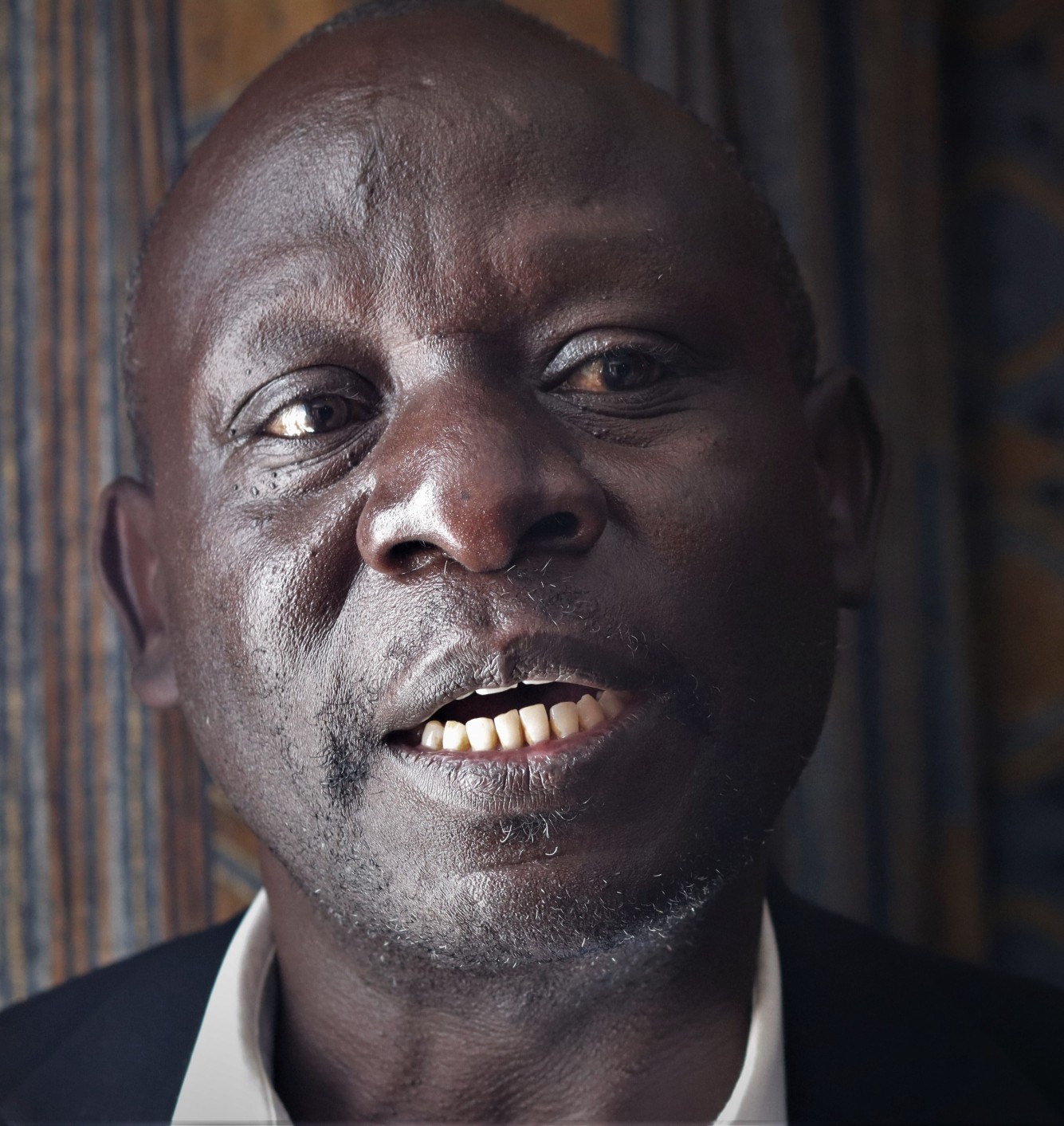By Omboki Monayo
Nairobi, Kenya: An ongoing effort to reform the East African Community’s industrially produced trans fat (ITFA’s) regulations and standards is Kenya’s best bet to overcome the diet-related threat, experts have said.
Industrially produced trans fats or trans fatty acids (ITFAs) are produced through a process known as hydrogenation which adds hydrogen to vegetable oils. The process results in partially hydrogenated oils (PHOs) which are vegetable oils that exist in a solid form at room temperature.
It improves the shelf life of partially hydrogenated oils (PHOs), enabling them to last longer without getting spoilt. Trans fats can also be produced through a process called interesterification.
They can occur in some animal products due to the bacterial transformation of unsaturated fatty acids in the rumen of ruminants but in very low, relatively harmless levels.
Excessive trans fat intake can heighten the risk of non-communicable diseases such as cardiovascular disease, diabetes, inflammation, cancer, and even death.
World Health Organization (WHO) data published in a January 23, 2023 status report indicates that 5 billion people are currently exposed to this toxic product, heightening their risk of death and heart disease.
“Trans fat has no known benefit and huge health risks that incur huge costs for health systems,” says WHO Director-General, Dr. Tedros Adhanom Ghebreyesus.
“Eliminating trans fat is cost-effective and has enormous benefits for health. Put simply, trans fat is a toxic chemical that kills, and should have no place in food. It’s time to get rid of it once and for all,” Dr. Ghebreyesus said.
World Bank data shows that unchecked transfat consumption is estimated to cause more than 500,000 deaths every year globally, with most occurring in low and middle-income countries.
It refers to globally accepted dietary recommendations on trans fat intake that have set a limit of fewer than 2.2 grams daily.
“Global recommendations suggest that trans fat intake should be limited to less than 1 percent of total energy intake – which is less than 2.2 grams per day with a 2,000-calorie diet,” reads the World Bank website.
The global organization lays out two best practice policies for countries to adopt and implement to eliminate ITFAs from the food supply.
“The first is to institute a mandatory national limit of 2 grams of industrial trans fats per 100 grams of total fat in all fats, oils, and foods,” says the World Bank.
“The second is to have a mandatory national ban on the production or use of partially-hydrogenated oil as an ingredient in all foods,” adds the Bretton Woods institution.
At least 48 countries and regions around the globe including Brazil, the Philippines, Peru, Singapore, Turkey, the United Kingdom, the European Union, Bangladesh, India, Paraguay, and Ukraine have implemented best practice policies on trans fat elimination.
A report on trans fat elimination prepared by researchers Simone Bosch Lucinda Westerman, Nina Renshaw, and Igor Pravst was published in the March 2021 edition of the US PubMed journal.
It shows that some 32 countries have enacted laws and regulations that currently protect 2.4 billion people from this harmful substance.
“Another 26 countries have passed laws and regulations that will come into effect in the next 2 years, covering a further 815 million people,” reads the report.
On the African continent, only South Africa has an existing best practice policy on trans fat limits, with Nigeria also in the process of drafting and implementing one.
Kenya is one of the countries that are yet to pass laws limiting the trans fat content in food products but has committed itself to draft and implement a best practice policy on the same.
According to International Institute of Legal Affairs (IILA) chief executive Celine Awuor, trans fats are widely used in the Kenyan and East African diets mainly because of their dominant use in manufacturing most cooking oils on sale.
“Their heavy use in the preparation of popular oily snacks such as doughnuts, French fries, pizza, mandazi, and samosa has also made them a common feature of citizens’ diets,” she told Talk Africa.

In Kenya, the only current regulation on trans fats is contained in Legal Notice 115 of 2015 of the Food, Drugs, and Substances Act.
The notice seeks to impose limits on the amount of industrially produced trans-fats in all food products. It aims to regulate ITFA limits as per the levels permitted in the Codex Alimentarius, which is the WHO code of food standards for member states including Kenya.
“While this is a remarkable effort to eliminate trans fats in Kenya’s food supply, it poses an implementation challenge because the Codex Alimentarius does not provide a specific ITFA (Industrially Produced Trans-fats) limit,” IILA’s policy brief presented to the government reads.
According to Ms. Awuor, the CA is not binding on member states, but serves as a general reference point and guide to setting national food standards.
“The CA hasn’t set limits of ITFAs despite discussions on limits that have taken place for several years,” says Ms. Awuor.
She says the issue is further complicated by the non-binding nature of CA codes that give WHO member countries the power to interpret and implement them.
“Countries are free to adopt CA codes as they are contained in the guide, or tighten and tweak them to fit national standards,” says Ms Awuor.
The ongoing local and regional reform efforts are part of the five-year WHO campaign to legalize the elimination of ITFAs from the food supply chain by 2023 dubbed “REPLACE”.
According to the IILA chief executive, the issue has long proven to be a politically and economically thorny subject in previous and ongoing discussions around its definition and regulation in the CA.
She attributes the failure of member states to define trans fats as a public health risk and maps out proposed legislation to the intricate politics around the issue.
“The Codex discussion process is political. Different countries have different delegations with members drawn from different sub-sectors and not just the healthcare field. Some delegation set-ups may even include manufacturing industry representatives, further complicating efforts to map ITFAs as a health risk,” she tells Talk Africa.
At one point in the discussions, Ms. Awuor reveals that ITFA limits were removed from the agenda.
“ITFA limits were taken off the agenda list at some point. As it currently stands, the CA cannot be a sufficient reference for ITFA regulation because it has no formal limits,” Ms. Awuor points out.
Amending the EAC standards through the East African Standards Committee could however shine the light at the end of the trans fat tunnel.
The committee is composed of representatives of the national standards bodies in partner states, together with representatives from the private sectors and consumer organizations.
“We are pursuing a regional regulation that Kenya can domesticate to regulate and eventually eliminate trans fats from the food supply chain,” she adds.
Consumer Information Network chief executive Samwel Ochieng is one of the civil society organization (CSO) representatives participating in the discussions.
He says the industry is rife with what he terms “fanciful and falsified claims on trans fat levels”.
Mr. Ochieng laments the fact that local consumers are not protected from trans fats despite the many claims about the absence of ITFAs on different product labels.
“There are products on our supermarket shelves and markets including margarine and cooking oil brands that will claim to be trans-fat free. To the best of my knowledge, such information is useless because it cannot be verified. It has not officially been tested,” Mr. Ochieng tells Talk Africa.

He says the process is yet to reach the WHO target but remains hopeful of the outcome.
“What we lack in the national laws are ITFA limit and regulation provisions that are feasible and strong enough to be implemented for the well-being of the consumers,” says Mr. Ochieng.
Mr. Ochieng places the responsibility of protecting Kenyans from the threat of rising non-communication diseases associated with excessive trans fats intake on the Ministry of Health and Kebs.
We must recognize that we are Kenyans and the problem affects all of us,” says Mr. Ochieng. “We appeal to MoH and Kebs to speak out on the risk of trans fats consumption. Their voices will ensure that this is not a one-sided conversation between civil society organizations (CSOs) and the EAC standards committee,” says Mr. Ochieng.














